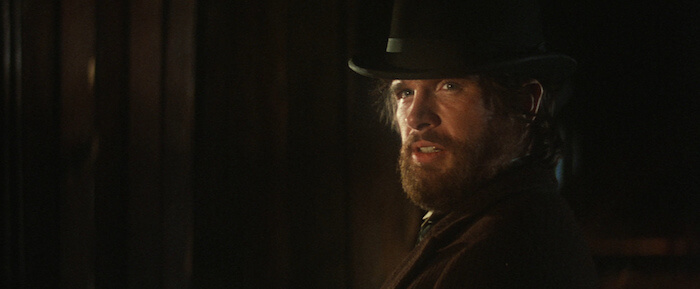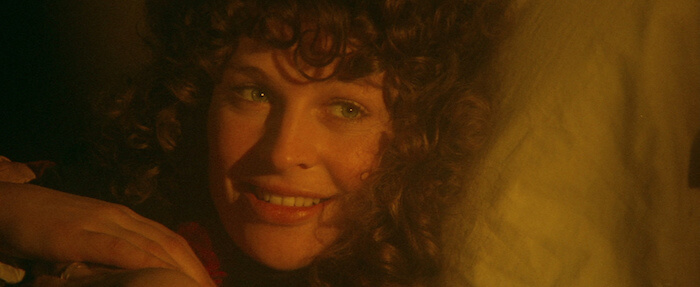The Best Old Movies on a Big Screen This Week: NYC Repertory Cinema Picks, November 3-December 6
 McCabe & Mrs. Miller (1971)
McCabe & Mrs. Miller (1971)
Directed by Robert Altman
McCabe & Mrs. Miller, like so many Westerns, begins with a stranger riding into town under an opening-credits ballad: Leonard Cohen sings “The Stranger,” his light and unconsoling voice floating above spare guitar figures like someone looking for a place to be warm and not expecting to find it, as Warren Beatty, in a bearskin coat as wide as a doorway, approaches Presbyterian Church, a mountain-west settlement slapped up over the mud on wooden stilts.
This new digital restoration, the source for a new Criterion disc, arrives just as Leonard Cohen has died and Warren Beatty has crashed out on his victory lap. But the thing about McCabe & Mrs. Miller—the reason why it’s loved as personally as any film in the American canon—is that any real-world notes of regret or bitterness, no matter their tragic fullness, resonate primarily as echoes originating from the film itself. McCabe is a frontier Brigadoon, shot by Vilmos Zsigmond (who also died this year) in stuffy, soporific, luminous gold hues for the interiors and a palpable humid chill for the exteriors, as early-winter fog gives way to snow.


McCabe’s ambition to open a saloon and brothel is fulfilled, despite his bluster, only thanks to the business sense of Julie Christie’s Mrs. Miller; their partnership, a business arrangement even as a romance, allows Altman to mount perhaps the most comprehensive revisionist Western, and surely the most bittersweet: one with rough-grained frontier burlesque setpieces; a countercultural thesis about the free enterprise of the Wild West coopted by corporate bullies, in the form of the hired gunmen who come to push McCabe off his business; and pointless, sloppy, antiheroic violence—which nevertheless climaxes in an elegiac ending that aches more than any myth, and all the moreso for being nearly obscured by a swirling blizzard.
Edmund Naughton’s source novel McCabe is, like Edward Anderson’s Thieves Like Us, a plainspoken pulp novel from a forgotten-man author with poetry in him (the film’s most famous line originates from the book). The ending is the major masterstroke of the mainly faithful adaptation, which also arranges the book for Robert Altman and His Orchestra—both the dialogue tracks and camera zoom in and out on characters mid-mumble, picking out bits of improvised personality from an ensemble of scraggly beards and pocked skin—and changes the title to honor Christie’s Constance Miller. Beatty, a man with a great interest in vanity (see also: Ishtar), makes McCabe a gambler, a natural bluffer; Christie’s Mrs. Miller can’t help but be angelically beautiful, but her voice, sometimes bluntly throaty and sometimes hairpin-sharp, betrays her pragmatism—when she proclaims, “Look, McCabe, I’m a whore” you see an English slum child with all the sentiment of Victorian novels stripped away. When she recedes from McCabe and into the cozy oblivion of an opium haze, you empathize with her for finding a place away from the bone-deep cold. Mark Asch (November 30-December 6 at Film Forum; showtimes daily)
You might also like 



















